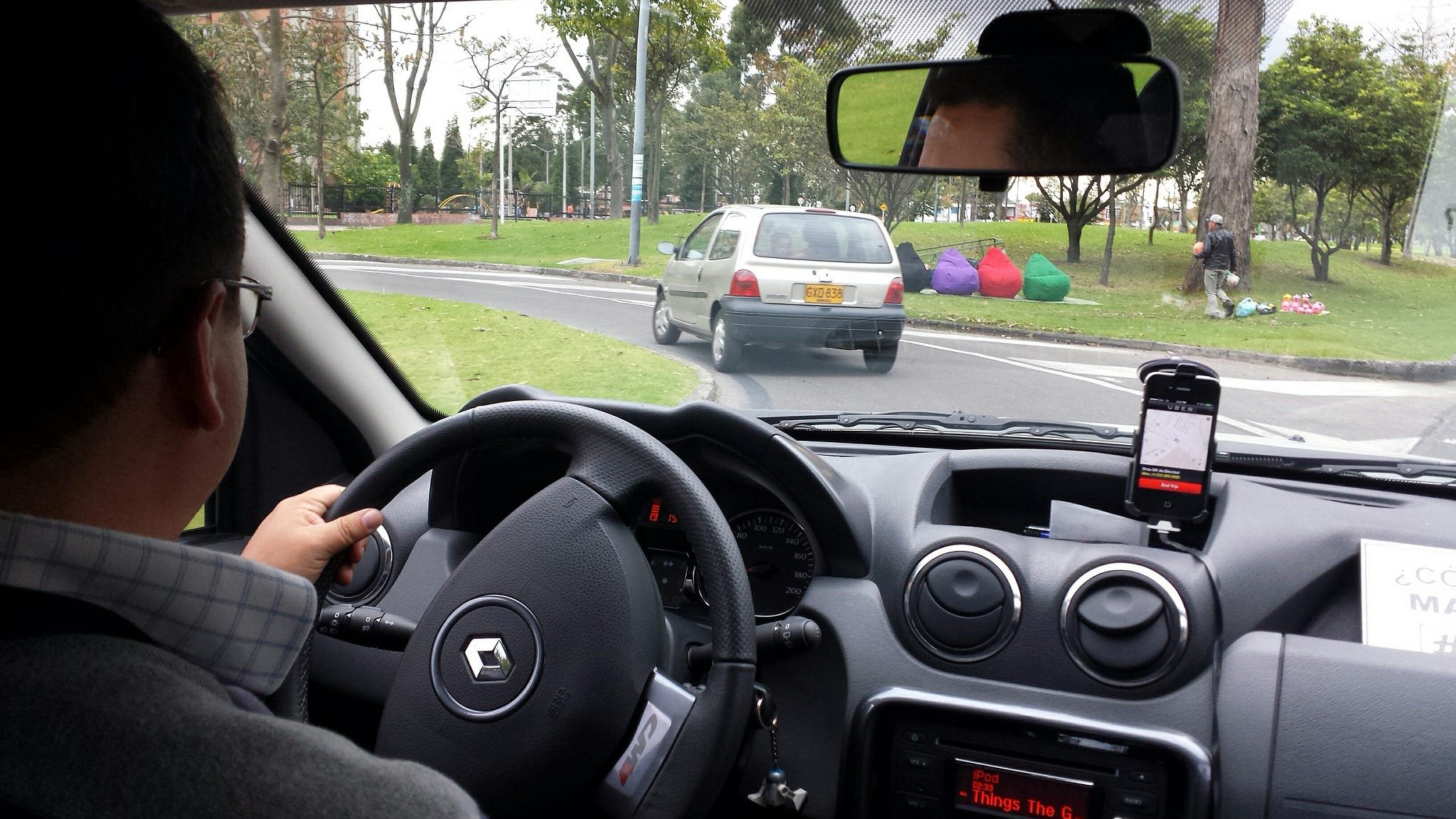Sharing a ride, making a friend…or not
Thanks to OZ’s Joe Plummer for sharing this research by Dr. Lindsey Cameron of Wharton, who has published a paper that explores the mind of the ride-hailing driver.
Cameron’s hypothesis was that these workers were kind of miserable, but her research at least partially belies that narrative. She found two psychological segments in her research, and each group played a certain “game” to get them through the day.
The relational game drivers try to bond with passengers. They see themselves almost like the stereotypical old-school bartender, who was part psychologist, part sounding board, part cultural ambassador, part friend. They love the app, too, because it gives them ongoing positive feedback about their performance.
The efficiency game drivers are just trying to get from Point A to Point B. They draw sharp lines between themselves and their passengers. No small talk, no side trips, they might not even help you with your luggage. They are distrustful of passengers and the ride-hailing companies and tend to feel exploited.
Interestingly, drivers can switch between these mindsets depending on circumstances.
Cameron says her research demonstrates the importance of the app, which is really the only connection between the ride-hailing company and its drivers. She also notes, “[This research] shows the value of qualitative research. One of the hallmarks of good qualitative research is that you can get into the participants’ shoes.”
(Cameron discusses her research in more depth in this Wharton Business Daily podcast.)

